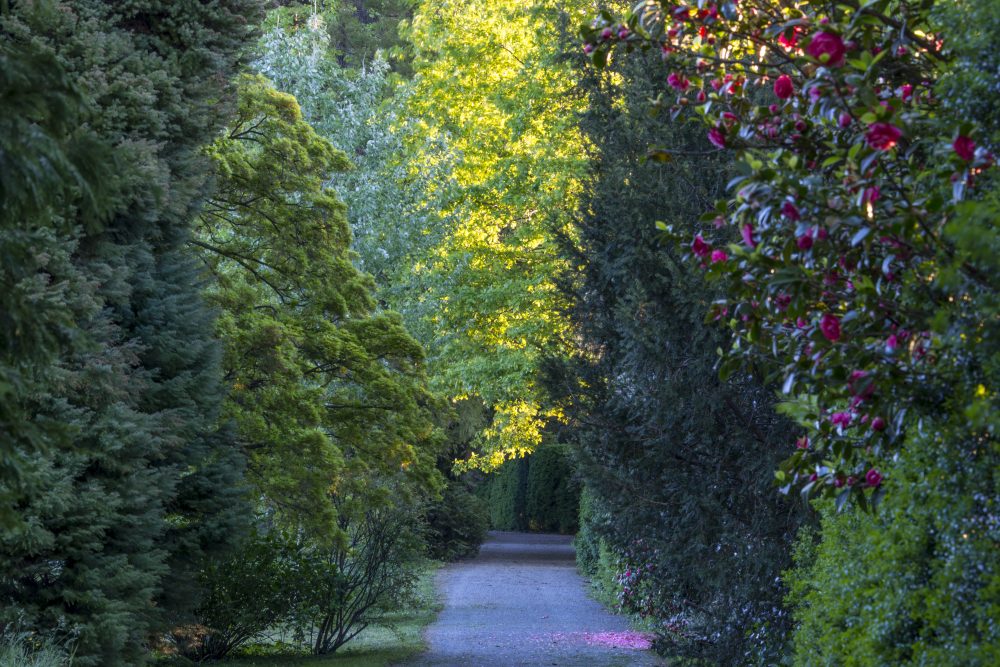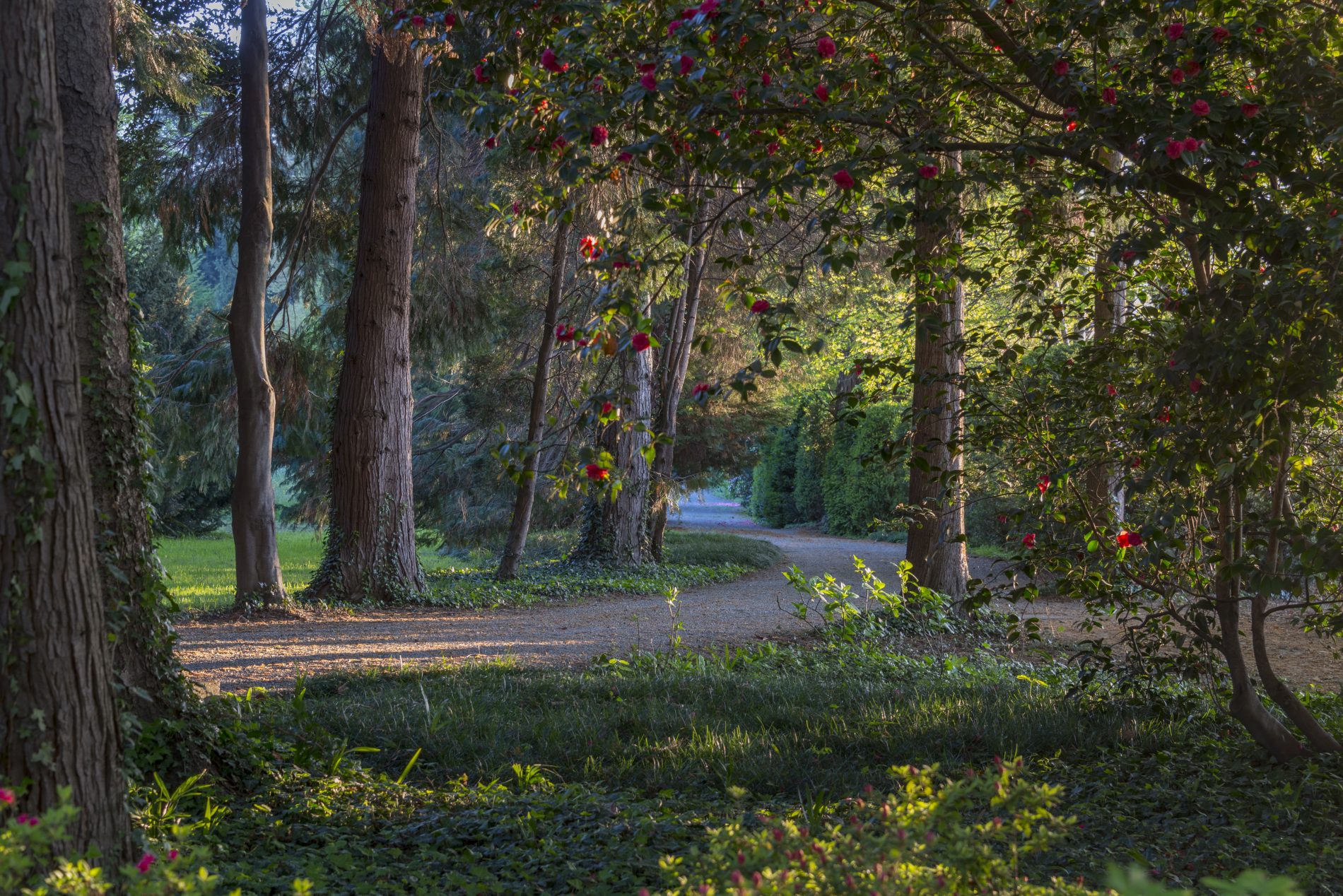Cryptomeria Japonica
Cryptomeria japonica, or Japanese cedar, is a large conifer native to Japan and southeastern China. It was introduced to Europe in 1861 for ornamental purposes at the request of the Royal Horticultural Society. It belongs to the Cupressaceae family and has a bright green, conical crown; the soft needles are arranged in a spiral around the shoot, and the small strobili develop at the tips of the small branches. It is very long-lived, with the oldest specimen in the world growing on Yaku Island, Japan, and estimated to be around 3,000 years old. In Italy, a monumental cryptomeria can be found in the Botanical Garden of the University of Genoa. More than 70% of Japan's territory is covered with cryptomeria forests, and urban areas are often framed by green spaces featuring large specimens, introduced during the Edo period of reforestation policies around 1600. In Japan, this tree is called sugi, which translates to "peacock pine" or "cedar of mercy". Due to its symbolic and spiritual importance, it is often found in gardens and paths near temples. Buddhist monks use its resin to make incense.

Cryptomeria japonica, or Japanese cedar, is a large conifer native to Japan and southeastern China. It was introduced to Europe in 1861 for ornamental purposes at the request of the Royal Horticultural Society. It belongs to the Cupressaceae family and has a bright green, conical crown; the soft needles are arranged in a spiral around the shoot, and the small strobili develop at the tips of the small branches. It is very long-lived, with the oldest specimen in the world growing on Yaku Island, Japan, and estimated to be around 3,000 years old. In Italy, a monumental cryptomeria can be found in the Botanical Garden of the University of Genoa. More than 70% of Japan’s territory is covered with cryptomeria forests, and urban areas are often framed by green spaces featuring large specimens, introduced during the Edo period of reforestation policies around 1600. In Japan, this tree is called sugi, which translates to “peacock pine” or “cedar of mercy”. Due to its symbolic and spiritual importance, it is often found in gardens and paths near temples. Buddhist monks use its resin to make incense.
Audio
I punti di interesse
Ti trovi qui
